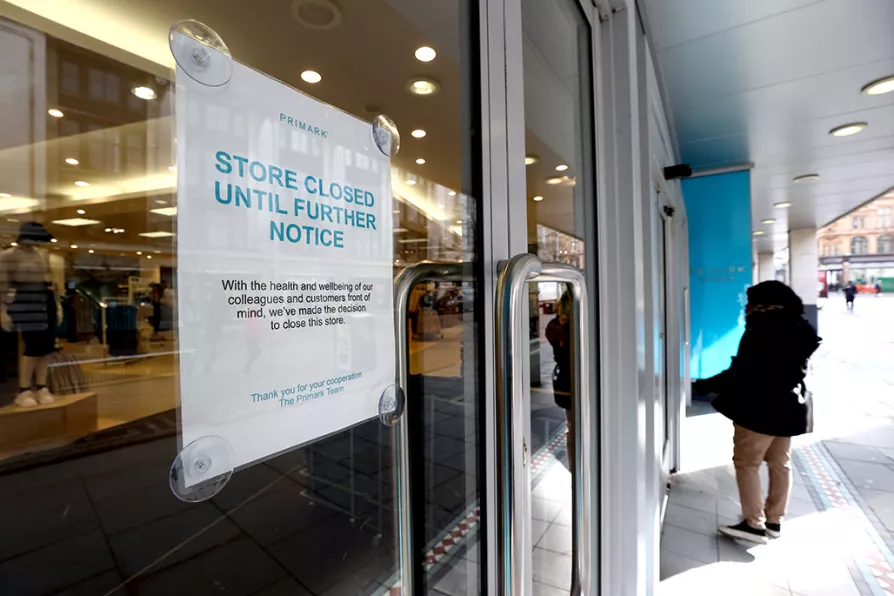John Wojcik pays tribute to a black US activist who spent six decades at the forefront of struggles for voting rights, economic justice and peace – reshaping US politics and inspiring movements worldwide


THE first cases of Covid-19 in Britain were reported on January 31 2020. The World Health Organisation (WHO) classified the virus as a pandemic on March 11 2020 and immediately called for countries to take “urgent and aggressive action” to combat the spread of the virus based on the model adopted by the Chinese government.
Despite the significant and crucial passage of time, repeated warnings by the NHS and WHO, the response of Boris Johnson’s Tory government has been criminally slow. It is only in the last few days that they have begun to adopt meaningful measures such as closing schools and workplaces.
This is despite the fact that Britain’s trade union movement has been calling for these precautions for weeks. Even now, a myriad of vital measures which the Communist Party has consistently demanded are yet to be implemented.

From summit to summit, imperialist companies and governments cut, delay or water down their commitments, warn the Communist Parties of Britain, France, Portugal and Spain and the Workers Party of Belgium in a joint statement on Cop30












